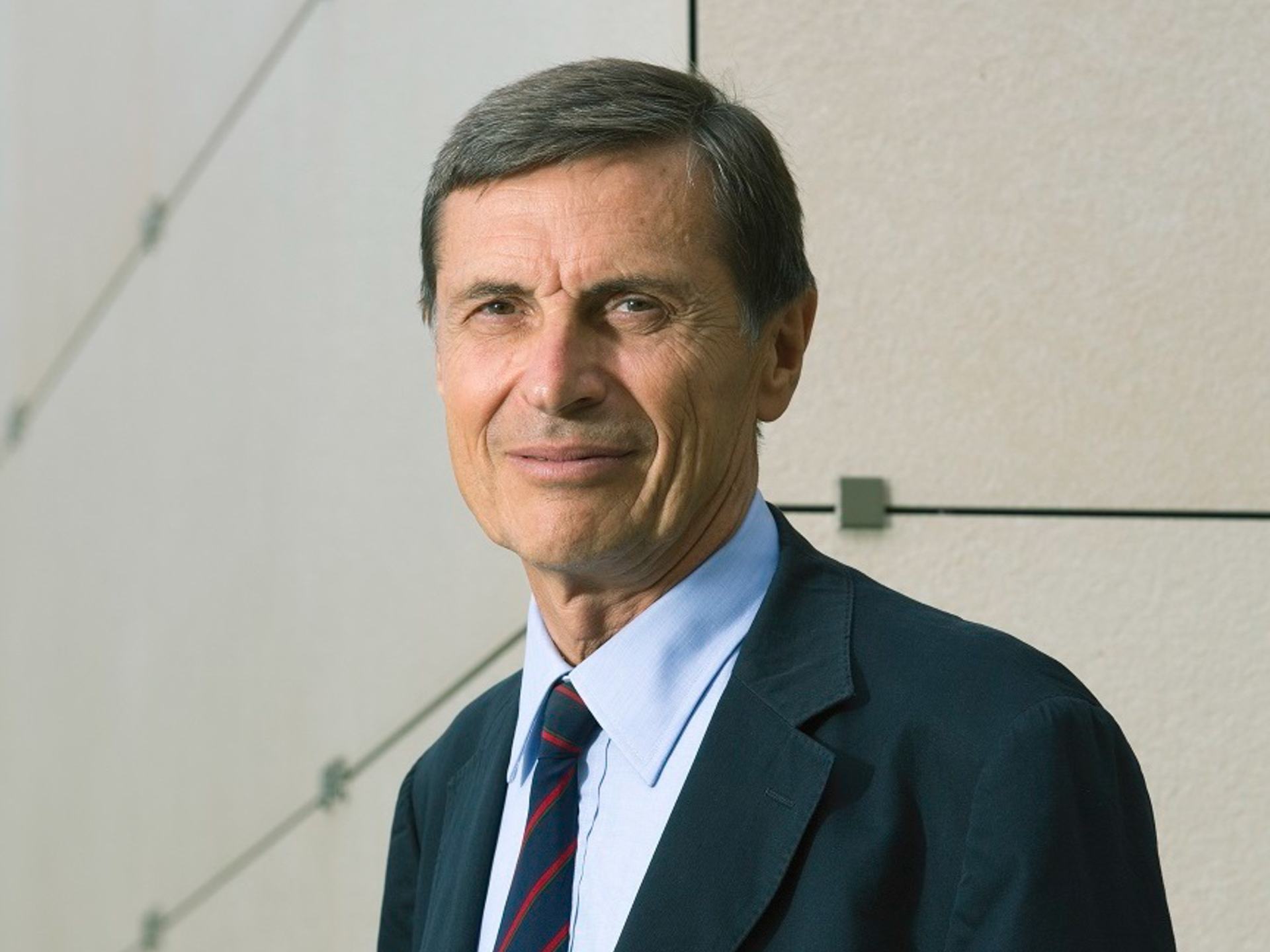Mantovani elected to National Academy of Sciences USA

Recognized as a forerunner and a “founding father” of the renaissance of the inflammation-cancer connection, prof. Alberto Mantovani has been elected an international member of the National Academy of Sciences USA
The National Academy of Sciences is an organization of scientists and engineers established in 1863 by the American Congress under the Presidency of Abraham Lincoln. The Academy acts as an official adviser to the federal government, upon request, in any matter of science or technology. Election to the Academy recognizes outstanding achievements in original research, and is considered one of the highest honors accorded a scientist, both in the US and abroad.
The Academy made the announcement last week, during its annual meeting: among its international members – 8 in total from Italy, across all scientific fields – there is now Prof. Alberto Mantovani, Scientific Director of Humanitas.
Prof. Mantovani’s research activity has been focused on molecular mechanisms of innate immunity and inflammation, formulating new paradigms and identifying new molecules and functions. He is best known for his works in the roles of the immune system in the development of cancer: his research on tumor-associated macrophages (TAM, an acronym he coined) established inflammation as one of the root causes of cancer. Among his main achievements: the identification of a unique monocyte attractant, Monocyte Chemotactic Protein-1 (CCL2); the characterization and cloning of the first long pentraxin PTX3, demonstrating its role in cancer ad as a paradigm for humoral innate immunity; and the identification of the type II IL-1 receptor as a decoy receptor, a novel concept in biology.
He has received several national and international awards, such as the Triennial OECI Award from the Organization of the European Cancer Institutes, the Robert Koch Award for his contribution to tumor immunology and immunotherapy, the American-Italian Cancer Foundation (AICF) Prize for Excellence in Medicine, the American Association for Cancer Research International Pezcoller Award for Extraordinary Achievement in Cancer Research and, most recently, the CIMT Lifetime Achievement Award and the Lifetime Achievement in Inflammation Award.
The broad impact of his contributions is testified by citations: as of today, he has over 173,858 citations and an H-index of 189 according to Scopus, making him the most cited immunologist in Europe and among the top six immunologists worldwide.